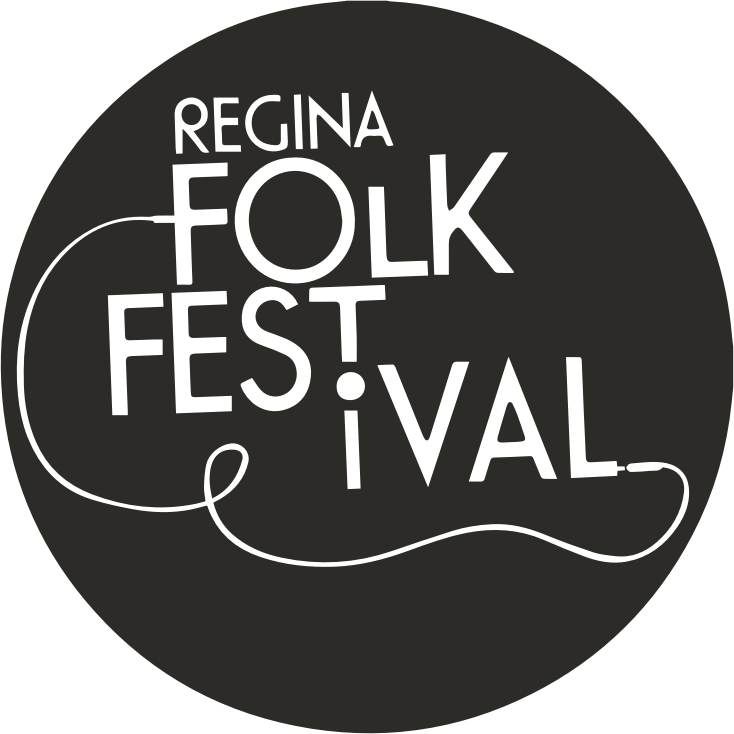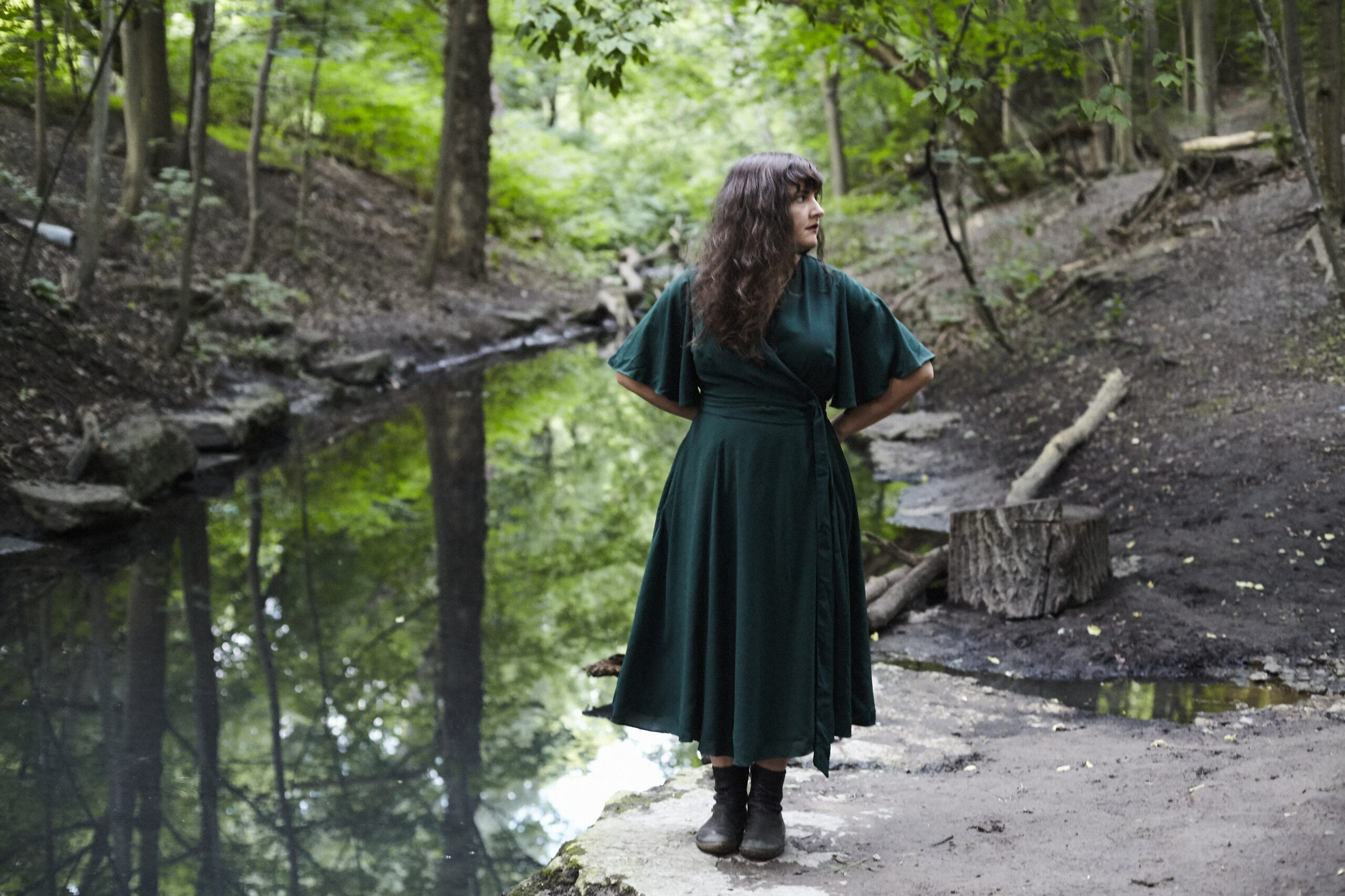Abigail Lapell
guest curator selection *
Just listen. Toronto songwriter and multi-instrumentalist Abigail Lapell offers this prompt at the end of synesthetic piano tune “I See Music”, but the invitation could apply to her entire third album, Stolen Time. Produced by Howard Bilerman at Hotel2Tango Studio in Montreal, Stolen Time is elemental and powerfully evocative, channeling natural imagery and the revolving seasons to take a longer look over decades and generations, ultimately delivering up the present moment the way only the best music can.
A theme of recovery runs through Stolen Time, with lyrics about becoming sober or coping with a partner’s sudden illness, exploring the cycle of relapse and rehabilitation. The album’s title comes from the musical term tempo rubato, which Lapell picked up while teaching herself piano (“I See Music” and “Pines” are both piano tracks). Referring to the expressive push and pull of tempo in musical phrasing, it’s also a fitting metaphor for the fragile rhythm of uncertain times, darkness hand in hand with escapism. On “Scarlet Fever,” swirling and woozy with Rachael Cardiello’s viola and Peggy Lee’s cello, Lapell recalls a relative’s tales of childhood quarantine; “Sewage” is a fever dream of a loved one recovering from surgery. “All Dressed Up,” a honeyed sweet duet with Montreal’s Chris Velan, echoes how many of us have felt these past two years while waiting to recover our lives.
By turns poetic and painterly, Stolen Time brings a live-off-the-floor, 70s folk-rock vibe and structural experimentation to songs that feel expansive in their scope—unhurried, psychedelic and other-worldly in the vein of Gillian Welch or Karen Dalton. It also marks the meeting of two important music communities for Lapell, who spent formative years living in Montreal’s Mile End before moving back to her hometown. Toronto players include Dan Fortin (bass), Dani Nash (drums, vocals) and Christine Bougie (lap steel, guitars); and from Montreal, Katie Moore (vocals), Pietro Amato (French horn) and Ellwood Epps (trumpet).
Lapell’s band underscores and meets the power of her vocals on songs like “Ships,” a wild sax solo seemingly enticing her higher and louder to meet the crashing waves. The twangy guitar of “Stolen Time” recalls the hazy ambivalence of lazy summer days, wasting away in a state between bliss and blitz. “Old Flames,” with Lapell’s melodic fingerstyle guitar mimicking flickering embers, could be read as a bit of an answer song to Bruce Springsteen’s “I’m On Fire.”
But many of Stolen Time’s standout tracks are solo guitar or piano ballads, backed by little more than Lapell’s harmonica, antique pump organ or accordion--including “Waterfall,” with its captivating cascade of descending notes; love song closer “I Can’t Believe,” which sounds like a 1950s standard and features Nashville legend Fats Kaplin on pedal steel; and “Land Of Plenty,” which you would be forgiven for mistaking for a lost Woody Guthrie or Pete Seeger tune.
Over the past five years and two spellbinding albums, Lapell has garnered two Canadian Folk Music Awards (English Songwriter of the Year in 2020 and Contemporary Album of the Year in 2017), hit number one on Canadian folk radio and accrued a staggering 16 million+ Spotify streams while touring widely across Canada, the U.S. and Europe.
Stolen Time was released on April 22, 2022 on Outside Music.
Why is it important for you, as an artist, to support climate action?
”Addressing the climate crisis is the defining challenge of our era. As an artist, action on climate is important to me, in part, because music and art have such unique power to bring people together and inspire collective thought and action. Arts workers also have the platform and community networks to help raise awareness, start conversations and organize for meaningful change.”
How does sustainability factor into your work as an artist?
“At this point climate and sustainability basically cut across all areas of social practice, political policy and personal experience. So it feels like an ever-present part of everyday life. I've been part of a few really fun projects that explored sustainable and carbon-neutral ways of touring, including a bicycle tour and bike-powered music festival. Lately I've been thinking and learning more about how individual artists -- and the music industry at large -- can embrace sustainability in big and small ways -- from cutting down on air travel or plastic water bottles to fundraising or spreading awareness and starting conversations with audiences. Finally, a lot of my songwriting is inspired by natural landscapes, seasonal rhythms and imagery: forests, rivers, mountains. To me, music is an important way of connecting with a sense of wonder and belonging, of connectedness with a larger community life on the planet. I think my work as an artist helps sensitize me to the deep terrors and joys of that experience.”
-Abigail Lapell

